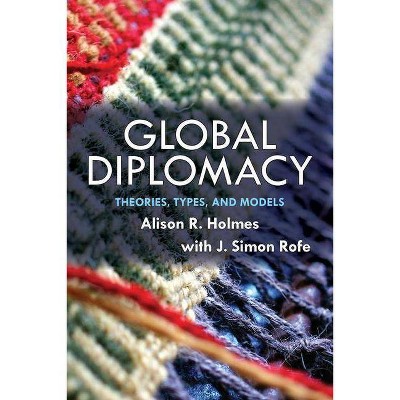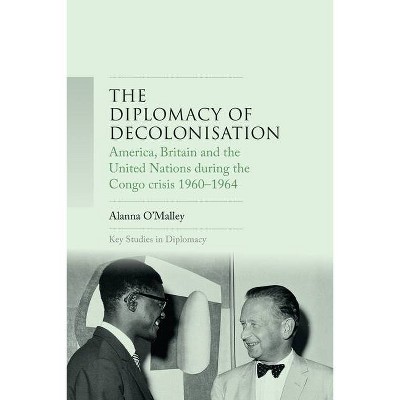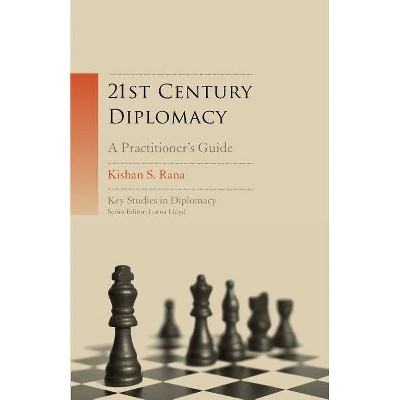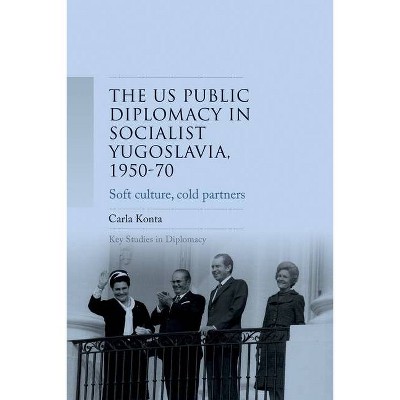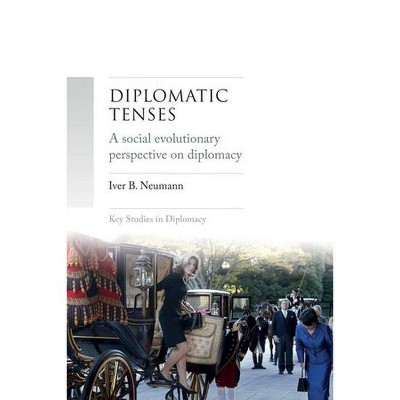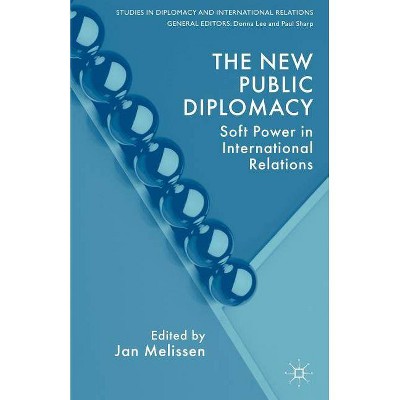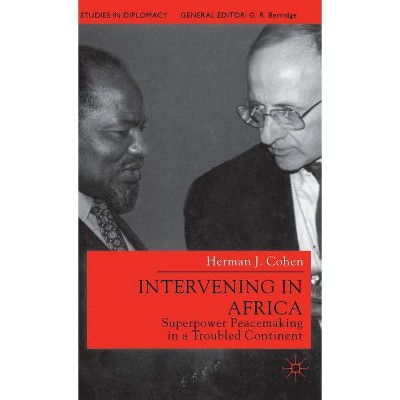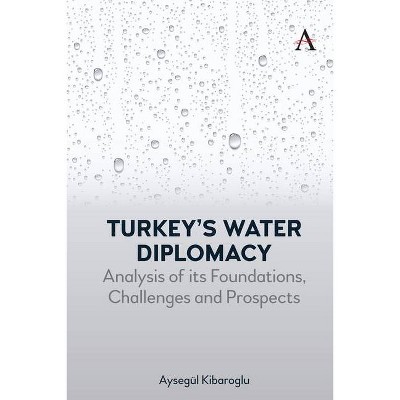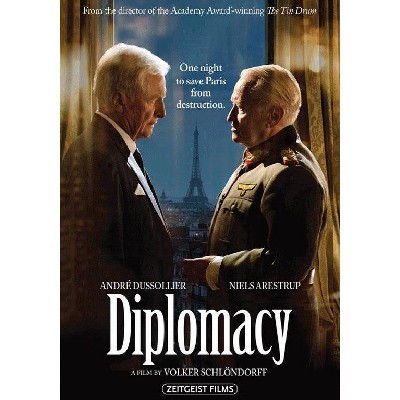Sport and diplomacy - (Key Studies in Diplomacy) by J Simon Rofe (Hardcover)
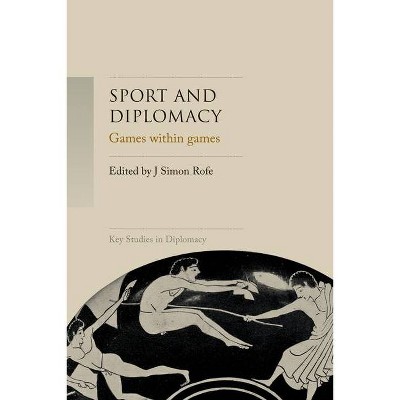
Similar Products
Products of same category from the store
AllProduct info
<p/><br></br><p><b> About the Book </b></p></br></br>The book critically addresses the relationship between sport and diplomacy posing new questions of these two enduring features of global society.<p/><br></br><p><b> Book Synopsis </b></p></br></br><p>This book critically enhances the appreciation of sport and diplomacy in global affairs from the perspective of both practitioners and scholars. It draws on a range of scholarship across history, politics, sociology and international relations. It explores the linkages across these fields particularly in relation to soft power and public diplomacy and is supported by a wide range of sources and methodologies. <br /> <br /> Including a contribution from esteemed FIFA scholar Professor Alan Tomlinson which addresses diplomacy within the world's global game of association football, the collection also includes studies on the rise of mega sport events as sites of diplomacy, new consideration of Chinese ping-pong diplomacy prior to the 1970s and the importance of boycotts in sport - particularly in relation to newly explored dimensions of the boycotts of the 1980 and 1984 Olympic Games. The place of non-state actors is explored throughout; whether individual or institutions they perform a crucial role as conduits of the transactions of sport and diplomacy.<br /> <br /> Based on twentieth and twenty-first century evidence, the book acknowledges the antecedents from the ancient Olympics to the contemporary era and in its conclusions offers avenues for further study based on the future sport and diplomacy relationship. The book has strong international basis covering a broad range of countries, their diplomatic relationship with sport and is written by a truly transnational cast of authors. The intense media scrutiny on the Olympic Games, FIFA World Cup and other international sports will also contribute to the global interest in this volume.</p><p/><br></br><p><b> From the Back Cover </b></p></br></br>This book critically enhances the appreciation of sport and diplomacy in global affairs from the perspective of both practitioners and scholars. It draws on a range of scholarship across history, politics, sociology and international relations. It explores the linkages across these fields particularly in relation to soft power and public diplomacy and is supported by a wide range of sources and methodologies. Including a contribution from esteemed FIFA scholar Professor Alan Tomlinson which addresses diplomacy within the world's global game of association football, the collection also includes studies on the rise of mega sport events as sites of diplomacy, new consideration of Chinese ping-pong diplomacy prior to the 1970s and the importance of boycotts in sport - particularly in relation to newly explored dimensions of the boycotts of the 1980 and 1984 Olympic Games. The place of non-state actors is explored throughout; whether individual or institutions they perform a crucial role as conduits of the transactions of sport and diplomacy. Based on twentieth and twenty-first century evidence, the book acknowledges the antecedents from the ancient Olympics to the contemporary era and in its conclusions offers avenues for further study based on the future sport and diplomacy relationship. The book has strong international basis covering a broad range of countries, their diplomatic relationship with sport and is written by a truly transnational cast of authors. The intense media scrutiny on the Olympic Games, FIFA World Cup and other international sports will also contribute to the global interest in this volume.<p/><br></br><p><b> Review Quotes </b></p></br></br><br>'Sport and Diplomacy deepens insights into the interplay of the sporting world and world politics, making a convincing case for the efficacy of soft power. The global coverage highlights Asia, Europe, and North America, remarkably providing, in one volume, studies of sports in Afghanistan before World War II, a few on China during the Cold War, the Reagan revolution, and French club sports, among others. Individual chapters address sports as a diplomatic weapon or tool, and the transnational as well as state-centered, public perspective on sports. This collection adds a conceptual section that truly advances the field of sports history, and embeds it theoretically in diplomatic history.' Thomas W. Zeiler, Professor of History, University of Colorado Boulder and author of Ambassadors in Pinstripes<br><p/><br></br><p><b> About the Author </b></p></br></br><br><strong>J. Simon Rofe</strong> is Reader in Diplomatic and International Studies in the Centre for International Studies and Diplomacy (CISD) at SOAS University of London<br>
Price History
Price Archive shows prices from various stores, lets you see history and find the cheapest. There is no actual sale on the website. For all support, inquiry and suggestion messagescommunication@pricearchive.us
